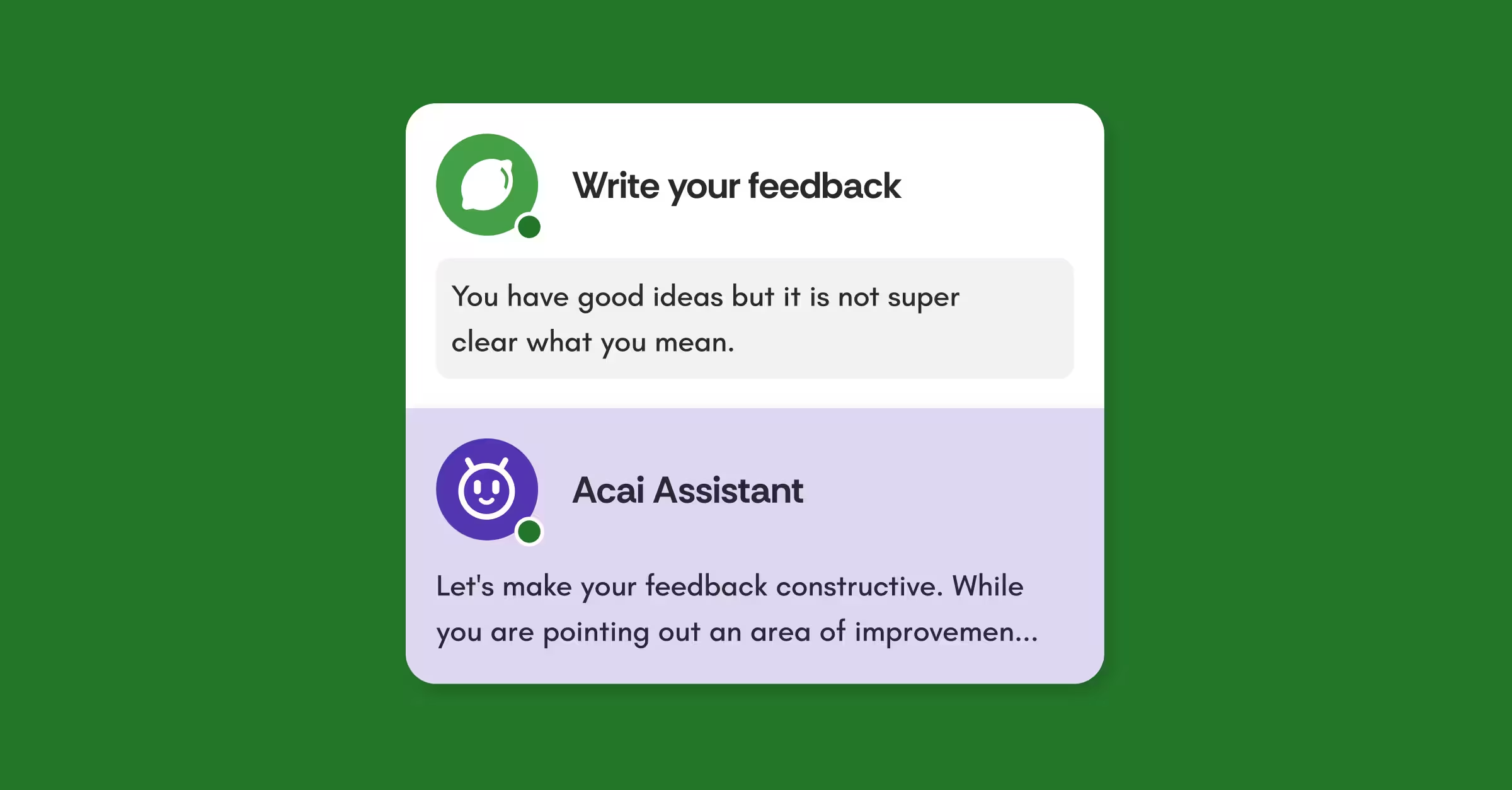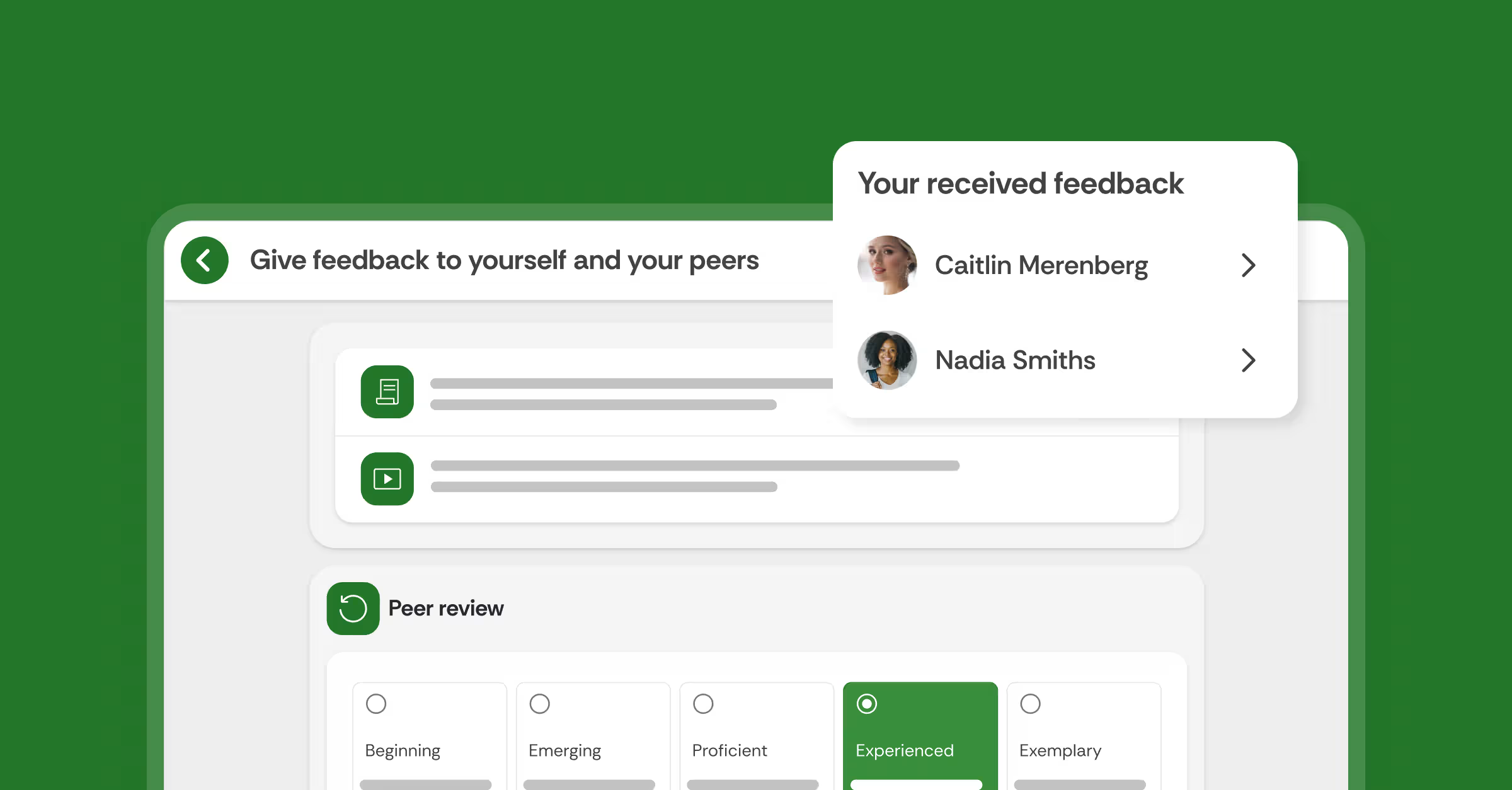Benefits of Online Learning for MBA Programs
While some college programs have been offered 100% online for decades, others are now recognizing how worthwhile the remote option is — for both learners and the school. There is an opportunity for Master of Business Administration (MBA) programs, in particular, to flourish in the digital world.
Given its appeal to working professionals in a range of careers and industries, an online MBA program offers many the flexibility to build their careers and education at the same time while also benefiting from other elements of a digital learning experience.
The number of master's in business conferrals each year validates an ongoing demand for advanced business degrees such as the MBA. The National Center for Education Statistics (NCES) reported that business is the most popular master's degree since it surpassed education degrees during the 2010-11 school year. In the 2019-20 school year, 197,400 business master's degrees were conferred – that's 23% of all master's degrees.
Of the available business master's degrees, the MBA credential particularly appeals to employers. The Graduate Management Admission Council (GMAC) found that 92% of surveyed corporate recruiters and 95% of staffing firms planned to hire new MBA graduates in 2022.
Offering more online learning opportunities within MBA programs can expand access to the sought-after credential and provide unique advantages students might not find in a traditional classroom.
So whether the courses are hosted entirely online or combine in-person and online instruction with blended learning, here are five benefits of online learning for MBA programs.
Reason 1: Build a Relationship Between Career and Education
Some people only realize they want or need an MBA after they've begun building their career. But, at that point, it can be challenging to accommodate a traditional college schedule. Even evening courses can be difficult to attend for those with responsibilities outside of work.
Online MBA classes that are asynchronous — without scheduled meeting times — allow students to learn when and where it makes sense for them. This ability to fit school around their life means students may also find they can advance in their career before their graduation day because they can apply new knowledge from their coursework in real-time.
“Students learn content and skills in real-time that they may apply to the workplace,” said Dr. Mark Hobson, a senior associate dean of business at Southern New Hampshire University (SNHU).
In doing so, they may sense how relevant the material is to their job –and they might not be the only person noticing their growth. It may become apparent to their managers, as well. “Many of our online learners discuss how they received new projects and promotions they gained from learning material and gaining experience in the classroom," Hobson said.
Having to balance school and work also helps students develop critical skills, according to Dr. Katie Carpen, an associate dean of business administration at SNHU. She also said it could also help them practice solving complex problems. Plus, the experience can help them develop transferable time management strategies; in addition to maintaining their career, students must have the discipline to keep up with their coursework.
Nearly one-in-two recruiters who lack confidence in business school graduates point to their limited work experience, according to GMAC's 2022 Corporate Recruiters Survey. If MBA graduates can point to simultaneous academic and career advancement in their resumes and interviews, they could make a stronger impression on employers when they want to change careers or advance.
Reason 2: Enhance Professional Networking
The rapid transition to remote learning during the COVID-19 pandemic may have felt unwieldy initially, but it also introduced many to what's possible with online learning.
Online MBA programs may have a more significant geographic reach if learners avoid having to contend with commutes to campus. Within an online classroom, there can be learners from across the country or halfway around the world, allowing for a diverse group of people interested in a similar topic.
It is especially true considering the number of international students who want to earn their MBA at a U.S. university. GMAC's Prospective Students Survey found that 39% of international MBA candidates would prefer to earn their MBA from a school in the United States; however, the survey also discovered an increasing number of these students are opting to study domestically. Offering an online MBA program with an international reach can appeal to these students.
Because online MBA programs are often less expensive than their in-person counterparts, they may also become an option for those who once believed an advanced degree to be out of their budget.
This access further diversifies the classroom, which can consist of a range of social, economic and cultural backgrounds. They may also vary in age and experience, and if the format allows them to be full-time professionals, that further adds to the rich conversations from varying perspectives to transpire.
Such diversity can lead to richer networking opportunities on and off the discussion board and webinars. Some benefits of tapping into an expansive MBA community, according to Carpen, include the opportunity to:
- Expand professional networks
- Find or become a mentor
- Learn about career opportunities
- Increase professional visibility
- Discuss experiences and collaborate
Offering synchronous options that allow classmates and their faculty to interact online in real time can only enhance the networking experience. Students in SNHU's MBA program, for instance, can tune into live webinars and student-led study sessions. “In some of these sessions, students learn from one another about best practices and study skills,” Hobson said.
And like any other college community, online MBA students and program graduates are tied to their alma mater, with opportunities to connect in-person or digitally.
Reason 3: Distribute Resources Easily
Sharing resources and information in an online class can be much simpler than in face-to-face settings. Instead of distributing handouts that could be misplaced or a whiteboard that will be erased, they can be uploaded, stored, and distributed in the class's learning management system (LMS) all term long.
Perhaps best of all, having all the resources available online means learners can access them whenever they need them.
“The technology in our learning management system ... allows learners to review material at their own pace,” Hobson said. “Learners may also review material over again, unlike a live course where we are dependent (on) memory and notes. The material is there 24 hours a day for review, research and reading.”
While it may take faculty a bit of training to feel comfortable using the system, they may already use something like it in face-to-face and hybrid courses. They can use their LMS to build on the basics of the course curriculum — perhaps sharing resources that take deeper dives into lectures or posting announcements and updates. MBA programs can also use the LMS to promote virtual tutoring opportunities and career services offered by the university.
“Students are shown and have the opportunity to explore the learning resources to enhance their knowledge, skills and abilities,” Hobson said. Course designers can also incorporate embedded credentials into the course's learning material, allowing students to graduate with more than a degree.
Some MBA program areas that could translate to industry-related credentials include:
- Critical thinking
- Data analytics
- MS Excel
- MS PowerBI
- Tableau
Easy access to a university's online library can further support MBA students in their pursuit of scholarly sources and research skills. "We are teaching students how to develop an academic voice according to APA standards,” Hobson said.
Many unique and creative opportunities become available while developing an online MBA curriculum using a sophisticated LMS.
Reason 4: Accommodate Varying Learning Needs and Preferences
Any given classroom can hold students with different preferred learning styles and speeds. An online MBA program can accommodate these differences.
From recorded lectures to readings, writing assignments, presentations and more, curricula can be delivered in various forms using a virtual format. While coursework can all be delivered as weekly modules that can be completed whenever and wherever students want, there's also an opportunity to host synchronous sessions students can tune into live or watch recorded later.
“Our online learning includes synchronous and asynchronous learning experiences to be able to listen, watch and read the content for their learning,” Hobson said.
Besides offering different ways in which students can engage in learning, online courses enable faculty members to provide students with varied support methods. There are also online discussion forums in which students can raise questions, concerns and get responses from instructors. Faculty members can host online office hours and address questions and concerns in a timely manner, and tutoring and accommodations offices can be available to ensure every student receives the support they need.
There are also interactive ways students can study through online tools. Hobson said the third-party vendors SNHU's MBA uses offers study strategies, video content and case studies.
“This variety of learning supports best practices in online learning as students have multiple attempts to learn content using different methodologies,” he said. “Students learn from mistakes and instructor feedback, along with reading, research and repetition.”
All of this can be done using situations learners may encounter within the business and management world, in other words, implementing authentic assessment approach to help learners develop real life skills. “Our scenario-based learning (SBL) design places students inside real-life business scenarios to learn and practice problem-solving with real business cases,” Hobson said.
Reason 5: Develop 21st-Century Skills
It’s no surprise that McKinsey & Company ranked technological skills as one of the most in-demand skills for workers. They project that time spent using “advanced technological skills” will grow by 50% through 2030.
On top of that, GMAC’s 2022 Corporate Recruiters Survey found that 46% of recruiters who are skeptical of business schools believe its graduates lack technical skills. However, online MBA programs present students with plenty of opportunities to develop digital skills using technology to complete their coursework.
And, if their program offers assignments and hands-on projects that involve real-world software, such as Microsoft Office and PowerBI, they can gain even more skills relevant to the 21st-century business world. This formal instruction can help them expand their technical and application literacies, Carpen said.
Technological competence is only part of the 21st-century skills online MBA students can grow. There’s also an opportunity for learners to develop soft skills. GMAC’s Corporate Recruiters Survey points to the five most important skills for business school graduates to have, based on U.S. job openings:
- Interpersonal skills – 75%
- Learning, motivation and leadership – 73%
- Strategy and innovation – 65%
- Decision-making processes – 63%
- Strategic and systems skills – 59%
Online programs can exercise each of these. For example, Carpen said online MBA students learn to effectively communicate with others in a digital world — from delivering presentations to crafting proposals, memos and toolkits. They also learn how to navigate a range of problems using scenario-based learning, growing their problem-solving and critical-thinking skills.
Within online learning — especially if it's asynchronous — MBA students are responsible for developing self-discipline and motivation. It’s up to them to carve out time each week to accomplish their coursework and communicate their needs — much like they might in the workplace.
Rebecca LeBoeuf ’18 ’22G is a writer at Southern New Hampshire University. Connect with her on LinkedIn.
SNHU does not endorse or sponsor any commercial product, service, or activity offered on this website.
Bios

Dr. Mark Hobson has worked in business and education for more than 35 years and has been with Southern New Hampshire University since 1988. He holds a doctorate in business administration and master's degrees in education and theology.

Dr. Katie Carpen joined Southern New Hampshire University in 2012 and has nearly two decades of experience in consulting, higher education, recruitment and mortgage finance. She holds a Ph.D. in organizations and management as well as an MBA in organizational leadership.















![[New] Competency-Based Assessment](https://no-cache.hubspot.com/cta/default/3782716/interactive-146849337207.png)










